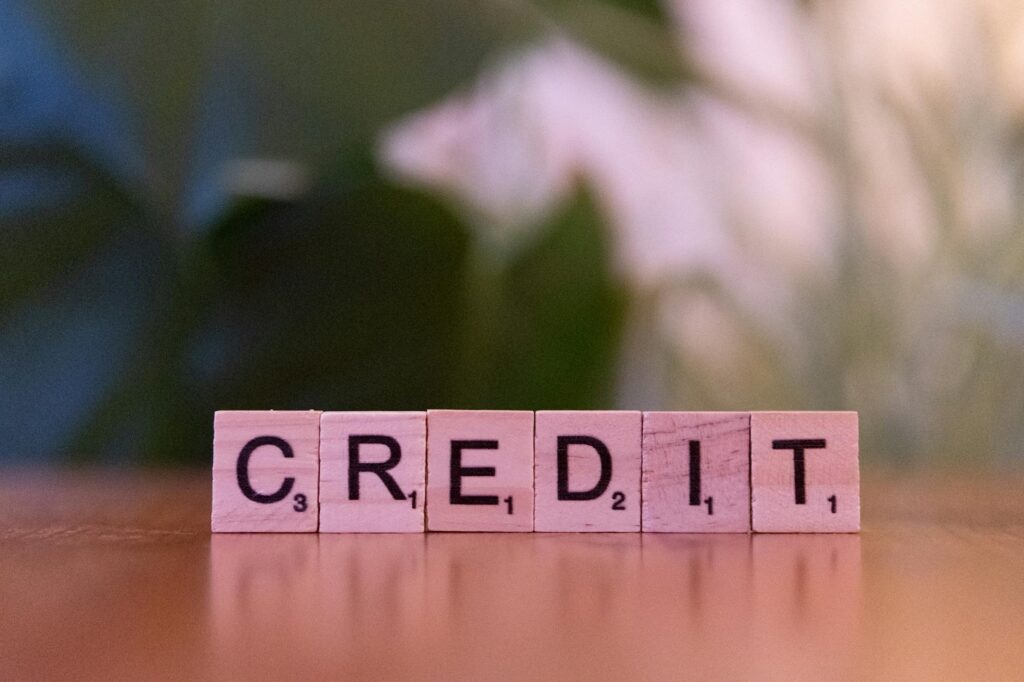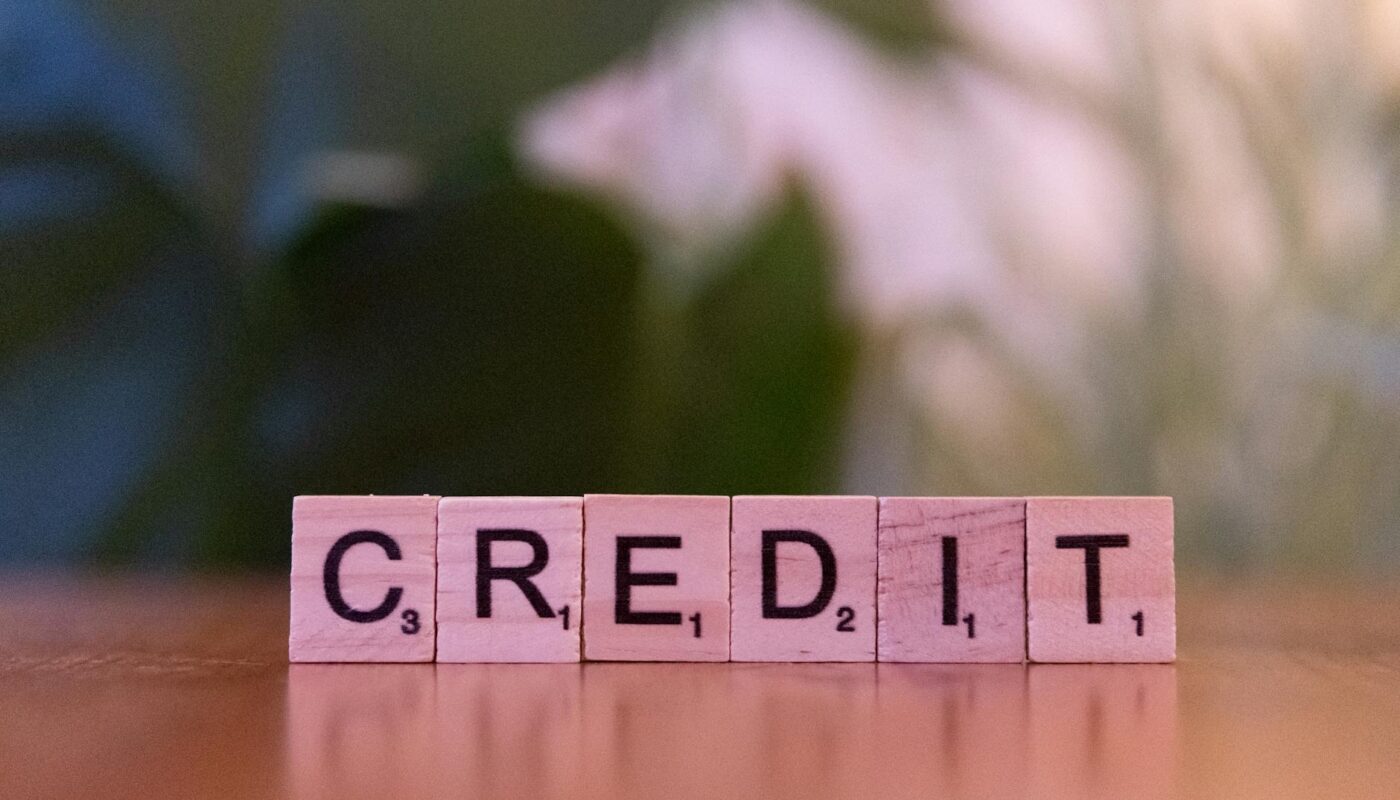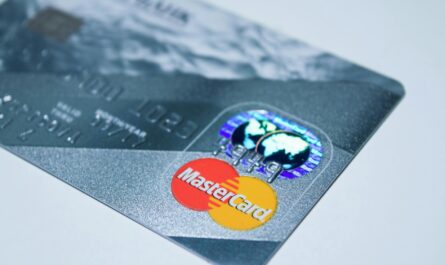Credit card debt can feel overwhelming, but with a strategic approach, you can regain control of your finances. This guide provides actionable steps to manage and eliminate your credit card debt.
Understanding Your Debt
The first step is to thoroughly assess your current financial situation. List all your credit cards, their interest rates, minimum payments, and outstanding balances. Use a spreadsheet or budgeting app to track everything. Understanding the magnitude of your debt is crucial for creating an effective repayment plan. 
Creating a Budget
A realistic budget is paramount for debt management. Track your income and expenses meticulously to pinpoint areas where you can cut back. Consider using budgeting apps or online tools to help you visualize your spending habits. Prioritize essential expenses like housing and food, and then identify non-essential expenses that can be reduced or eliminated. This will free up more money to allocate towards debt repayment. Learn more about creating a budget.
Choosing a Repayment Strategy
Several strategies can help you tackle your credit card debt. The debt snowball method focuses on paying off the smallest debt first for motivation, while the debt avalanche method prioritizes the debt with the highest interest rate to save money in the long run. Consider consulting a financial advisor to determine which strategy suits your individual circumstances. 
Negotiating with Credit Card Companies
Don’t hesitate to reach out to your credit card companies and negotiate. Explain your financial situation and explore options like lower interest rates or reduced minimum payments. Many companies are willing to work with you to avoid delinquency. Be polite, persistent, and document all communication. Here’s a sample letter you can adapt.
Seeking Professional Help
If you’re struggling to manage your debt on your own, consider seeking professional help from a credit counselor or financial advisor. They can provide personalized guidance, create a debt management plan, and help you navigate the complexities of credit card debt. Remember, there’s no shame in asking for help; it’s a sign of strength and proactive financial management. [IMAGE_3_HERE]
Building a Solid Financial Future
Once you’ve successfully managed your credit card debt, focus on building a strong financial foundation. This includes establishing an emergency fund, continuing to budget effectively, and avoiding future debt accumulation. Check out our guide to building an emergency fund. Remember, consistent effort and discipline are key to long-term financial success.
Frequently Asked Questions
What is the best way to pay off credit card debt? The best method depends on your individual situation, but the debt avalanche and debt snowball methods are popular choices. Consider your financial goals and risk tolerance when making your decision.
Can I negotiate with credit card companies? Yes, many credit card companies are willing to work with consumers facing financial hardship. Be prepared to explain your situation and propose a reasonable solution.
What happens if I can’t pay my credit card bill? Contact your credit card company immediately to discuss your options. Ignoring the problem will only worsen the situation. Late payments can severely impact your credit score.
What is a debt consolidation loan? A debt consolidation loan allows you to combine multiple debts into a single loan with potentially lower interest rates and a simplified repayment schedule. Learn more about debt consolidation.
Where can I find free credit counseling? Many non-profit organizations offer free or low-cost credit counseling services. Research reputable organizations in your area.



